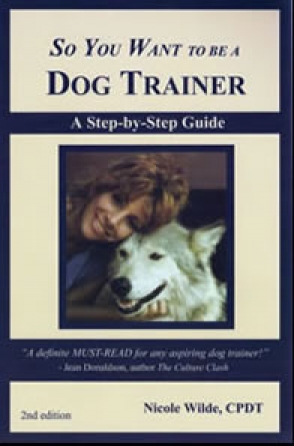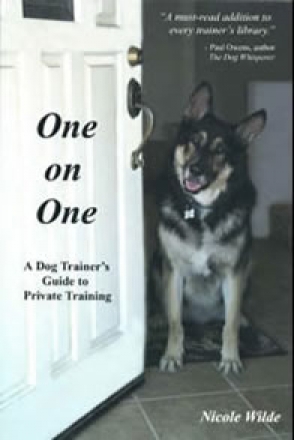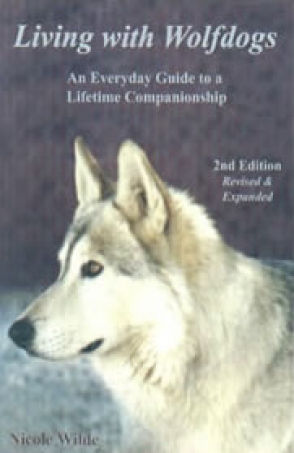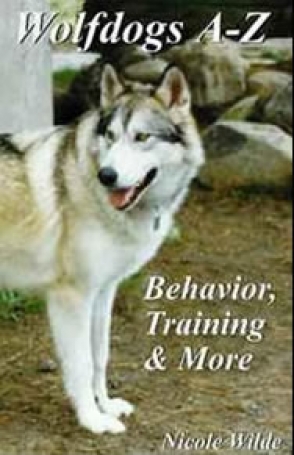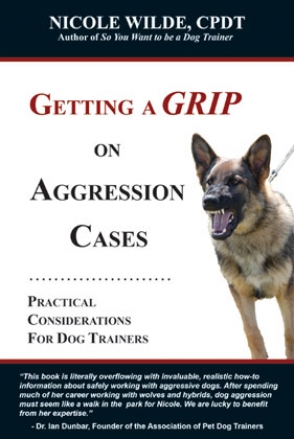This step-by-step guide contains invaluable resources for the aspiring or established professional dog trainer.
Big Black Dog Syndrome
Big Black Dog Syndrome
My husband and I recently attended a local pet fair (read: I dragged him). There were a slew of dogs up for adoption from a variety of local shelters and rescue groups. We walked around for quite a while, my husband asking here and there what my guess was as to a dog’s breed or whether I thought a particular one would be adopted.
When we passed a young, large white Lab mix, my husband asked whether I thought anyone would adopt such a big dog with all those little ones around. I said, “Sure, he’s white.” My husband looked at me as though I was a few kibbles short of a bag, but I wasn't. Just as many people find little dogs more adorable than large ones, there is a definite prevalence of people attracted to light-colored dogs over their darker cousins.
In fact, the New York Times recently published an article about “Black Dog Syndrome,” something with which those of us in the rescue community are all too familiar. The article states, “…black dogs sitting in animal shelters are often overlooked by prospective owners.” They go on to hypothesize that darker dogs and cats may be passed over because of superstition (if a black Lab crosses your path, do you become hyper?), because they are less photogenic, or because they are just plain frightening. I doubt photogenic qualities have anything to do with it unless someone is looking for a dog for publicity purposes, but I do agree that most people find darker animals more frightening-looking. I happen to have the opposite predilection. Once when describing Phantom, my wolf who passed last year, to a friend, I said he was, “Tall and thin, with long black hair and intense green eyes.” My friend gave me a strange look and asked, “Are you describing your wolf or your husband?” Perhaps I have Little Red Riding Hood Syndrome.
Something the article didn’t mention is that the facial expressions of darker-colored dogs may be more difficult for other dogs to read. This could lead to misunderstandings, which can lead to fights. Of course, the same applies to dogs with docked tails, as there is less ability to signal intention or emotional state. So if you have a dark dog with a docked tail (did I mention my love of Rottweilers?), it’s a good idea to pay special attention to the dog’s interactions with other dogs. And if you’re the owner of a dark dog, you may have to take special pains to be sure others are not afraid of your swarthy sweetie. But personally, when walking along a lonely road at night, there’s nothing more comforting than having a large black dog walking by my side.

